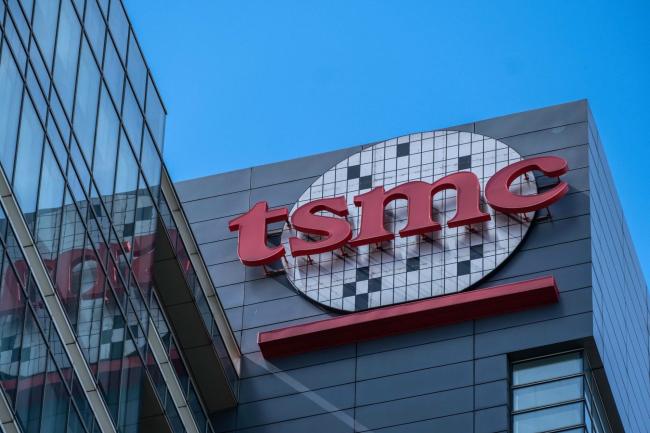(Bloomberg) -- Taiwan’s economic affairs minister downplayed the impact of new chip curbs on the island’s economy while urging investors to stay calm and believe in Taiwan Asia Semiconductor Manufacturing Co.'s (TW:2340) resilience.
“The reason Taiwanese investors are very panicking is because they do not have a good understanding of the very complicated rules,” Wang Mei-hua said Wednesday in an interview with Bloomberg News. Wang is in Washington for meetings with government officials and visited the Taiwan Expo summit.
The government’s preliminary assessment indicates there will be “minimal” implications for Taiwan and its chip industry because the curbs focus on advanced tech and exclude consumer electronics, she said.
“That’s why we derive at this moment that the impact is not going to be too big,” she said, adding that officials need time to study the rules in greater detail.
Her comments come days after the Biden administration’s announcement of new restrictions on chip technology and equipment sent stocks tumbling. TSMC shares earlier this week fell by the most in 28 years after the US announced tighter controls over chip exports to China, escalating tensions between the world’s biggest economies and disrupting the global semiconductor industry.
According to Wang, the company is withholding official comment on the rules until its investor meeting on Thursday. Wang said her ministry wasn’t aware if TSMC would request a license from the US government to continue selling the restricted products.
“Knowing TSMC with their capability in advanced technologies around chipmaking, I believe they are in the right position to still have more business to come in the future,” she added. “So I would urge Taiwanese investors to be confident about TSMC advanced technologies.”
Taiwan and the Biden administration have been discussing joint steps to verify the end users of the chip technology and ensure they’re not sold to the Chinese military, Wang said, but declined to share details at this point.
TSMC still continues to develop their most advanced technology in Taiwan, not in the US or European countries, despite offers of subsidies by the Biden administration and other nations. Wang said the company would invest in America, but not offshore its most-advanced technology.
“In my view, of course semiconductor is a very key industry for Taiwan’s not only economic development but also security guarantee,” Wang said. “So we will continue to support TSMC develop in Taiwan.”
That poses a dilemma for President Joe Biden, who is trying to reduce US reliance on Taiwan and TSMC.
The chip dispute also comes as Biden has started formal negotiations with Taiwan on a trade framework.
Wang said it’s Taipei’s “continued wish” to push for a US-Taiwan free trade agreement and that she’s pleased with bipartisan support in Congress for such a move. She said the agreement would be “very significant from a security point of view.”
The Taiwanese government pushed for a free trade agreement with the Trump administration but the request was rejected while negotiations on a US-China deal were ongoing, as Beijing views the self-governed island as part of its territory.
The Biden administration wants to be flexible on trade discussions with Taiwan and won’t prejudge the outcome, a US Trade Representative spokesman said in response to questions.
©2022 Bloomberg L.P.
